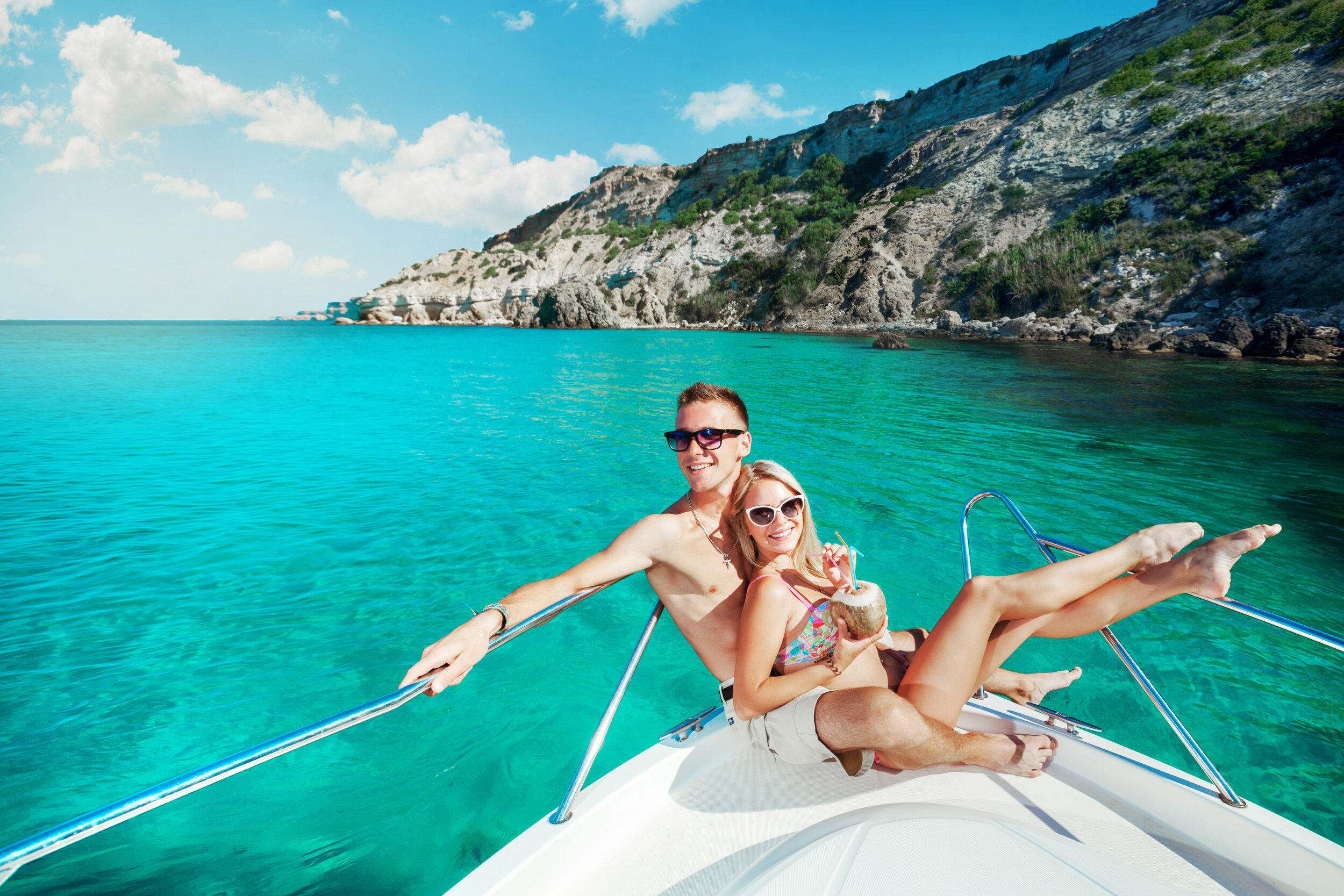After two years of upended expectations, luxury travel is once again booming. A reprioritisation of what defines a luxurious experience has seen a return to authentic experiences, bespoke itineraries and climate-conscious options.
A major plus for many travelers is getting exclusive access to the sights they want to visit. Companies such as Tauck offer exclusive visiting hours for their travelers, avoiding long queues and crowded attractions.
1. Authenticity
As luxury travel evolves, brands are pushing the boundaries of what is authentic. For example, a cruise or tour group that offers unique activities such as creative workshops to stimulate the mind and new perspectives may be considered more authentic than one that simply serves cocktails by the hotel beach.
Similarly, brands that offer personalized experiences are highly sought after by luxury travellers. This can be achieved by offering a flexible cancellation policy or by sending out a survey prior to arrival asking for details such as dietary restrictions, special occasions and wake-up preferences. These types of personalised interactions can increase brand love and help to differentiate the experience from a competitor.
2. Convenience
For today’s luxury traveler, convenience is just as important as the quality of an experience. They want to be able to book, check-in and check-out online. They also expect to be able to easily access information on flights, weather and traffic in real time during their trip.
For some, a luxury travel experience is a vacation that includes beach stays and cultural touring experiences while others prefer to explore more remote destinations and enjoy more adventurous activities. However, regardless of what a luxury vacation may mean to one individual, they all expect exceptional service, personalized interactions and an overall high-quality experience.
Following the pandemic, affluent consumers’ appetite for meaningful travel has re-emerged. They’re now actively seeking out bucket list experiences and are willing to splurge for experiences that allow them to feel like they have achieved something.
3. Comfort
Travelers in this luxury segment are looking for old-fashioned comfort and reassurance. They’re gravitating towards brands they feel confident can provide them with that, and away from more lifestyle-driven, trend-led options.
Privacy is also a priority for this group. They want to know that their vacation will be a time for self-care. Whether it’s seeing rare wild animals in far-flung locations or enjoying a spa treatment, they are looking for a chance to relax and recharge.
As the economy recovers, domestic leisure luxury travel may rebound. Tour operators that can position their trips as once-in-a-lifetime experiences can benefit. However, this will require savvy marketing. It’s important to market to specific demographics and avoid mass marketing. This will help increase brand differentiation and drive higher revenues.
4. Style
Luxury travelers are seeking uniquely curated experiences. They want to see exotic destinations and world wonders but they also want a luxurious travel experience. This might include private transport via yacht or jet, 5-star accommodation and gourmet food.
Baby boomers are the largest segment of the luxury travel market but Generation X and millennials both have healthy slices of this lucrative industry. The way these high-net-worth individuals discover and book their luxury travel experiences varies by age but they all share one thing in common – the desire to tick a destination or experience off their bucket list.
Various studies have shown that consumers engage in luxury consumption to enhance their self-perceptions and impress others. However, these motivations can vary by individual and depend on personal values and beliefs.
5. Sustainability
Sustainability isn’t just a luxury, it’s also becoming increasingly important. This is an area where luxury travel brands can really make their mark, by ensuring that sustainable practices are integrated into the entire experience, rather than being a supplemental component.
A recent YouGov study found that nearly three-quarters of high-end travelers consider it very or somewhat important to choose a hotel, cruise line, travel company, or other provider that has a robust sustainability policy. Virtuoso’s research has found that many of their high-end clients are willing to pay more for a sustainable experience.
Land-based culture is the top trip or destination type that these travelers associate with sustainable travel, with river cruising and heritage sites following closely behind. To learn more about how your company can leverage sustainability to its advantage, contact us.

